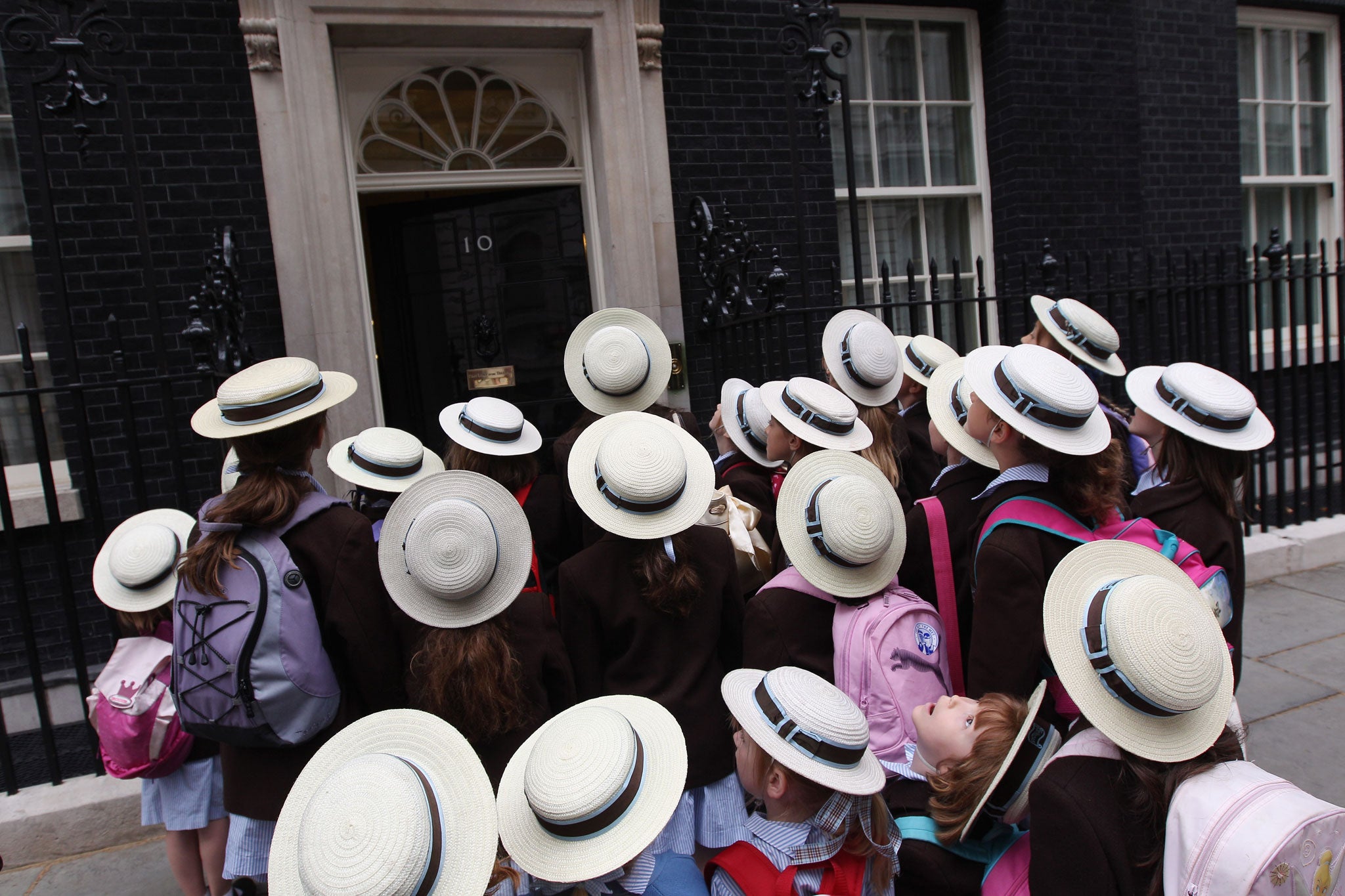We always knew aunts were important
There are times when daughters and mothers just can't get along, and aunts have to step into the breach

Your support helps us to tell the story
From reproductive rights to climate change to Big Tech, The Independent is on the ground when the story is developing. Whether it's investigating the financials of Elon Musk's pro-Trump PAC or producing our latest documentary, 'The A Word', which shines a light on the American women fighting for reproductive rights, we know how important it is to parse out the facts from the messaging.
At such a critical moment in US history, we need reporters on the ground. Your donation allows us to keep sending journalists to speak to both sides of the story.
The Independent is trusted by Americans across the entire political spectrum. And unlike many other quality news outlets, we choose not to lock Americans out of our reporting and analysis with paywalls. We believe quality journalism should be available to everyone, paid for by those who can afford it.
Your support makes all the difference.Australian child psychologist Steve Biddulph has written books on child-rearing that have prevented many of us from total parental blowouts. He is eminently sensible and kind, and understands how the current cultural environment is a disaster for our children. Until 2003, his focus was on boys widely prone to destructive and self-destructive behaviours. Girls, he believed then, were psychologically in much better shape. Not any more. In his latest book, Raising Girls, he finds that there has been a “marked plunge” in the emotional and mental well-being of girls.
Many of us had seen this before Biddulph did, but his stamp of authority is hugely important. What’s more, instead of academic obfuscation, he gives brilliant pieces of advice, in simple, clear language. And one of those is to ensure that daughters have “aunties”, real and adopted, to be their friends, keep them safe from the malign aspects of popular culture, to be confidantes and provide practical help. There are times when daughters and mothers just can’t get along, and so dear aunty can step into the breach to save them both and the straining, draining relationship.
In our Asian cultures these aunties have been the butt of many jokes: always interfering, often spinsters, not clever but very warm, plump and generous with big bosoms to snuggle into. In truth, these ladies have been, for many of us, buttresses, second mothers, irreplaceable protectors, shelters in a storm. One of them, my dearest Zerabai, died last month, and I feel as bereft as I did when my mum died. Though deaf, she was such fun, so kind, and treated me as if I was her own.
Our family life was insecure, sometimes violent, always unpredictable. But my devoted mum always had this ring of aunties, to whom she could send me during hard times. Some paid my school fees and bought me clothes; others made me laugh when I was sobbing, which I often was. When I got married to my first husband, each one of them gave me a real gold bangle, taken from their own wedding jewellery. All but one now is gone and I dream of them often. My daughter has similar lovely minders, all friends I grew up with, who love her dearly.
Recently, I brought my only sister home for a late Christmas lunch and sleepover. Older than me, she’s severely mentally ill. I have no idea any more what she is thinking or feeling. It makes me weep. In the late 1950s, she was sent over as a teenager to England by my wayward father and had to survive in a very different world and without much money. In those early years away from home, she never had that crowd of aunties around her. Now it’s too late. Biddulph’s advice is even more important than he knows himself. Aunties can save young lives.
Join our commenting forum
Join thought-provoking conversations, follow other Independent readers and see their replies
Comments